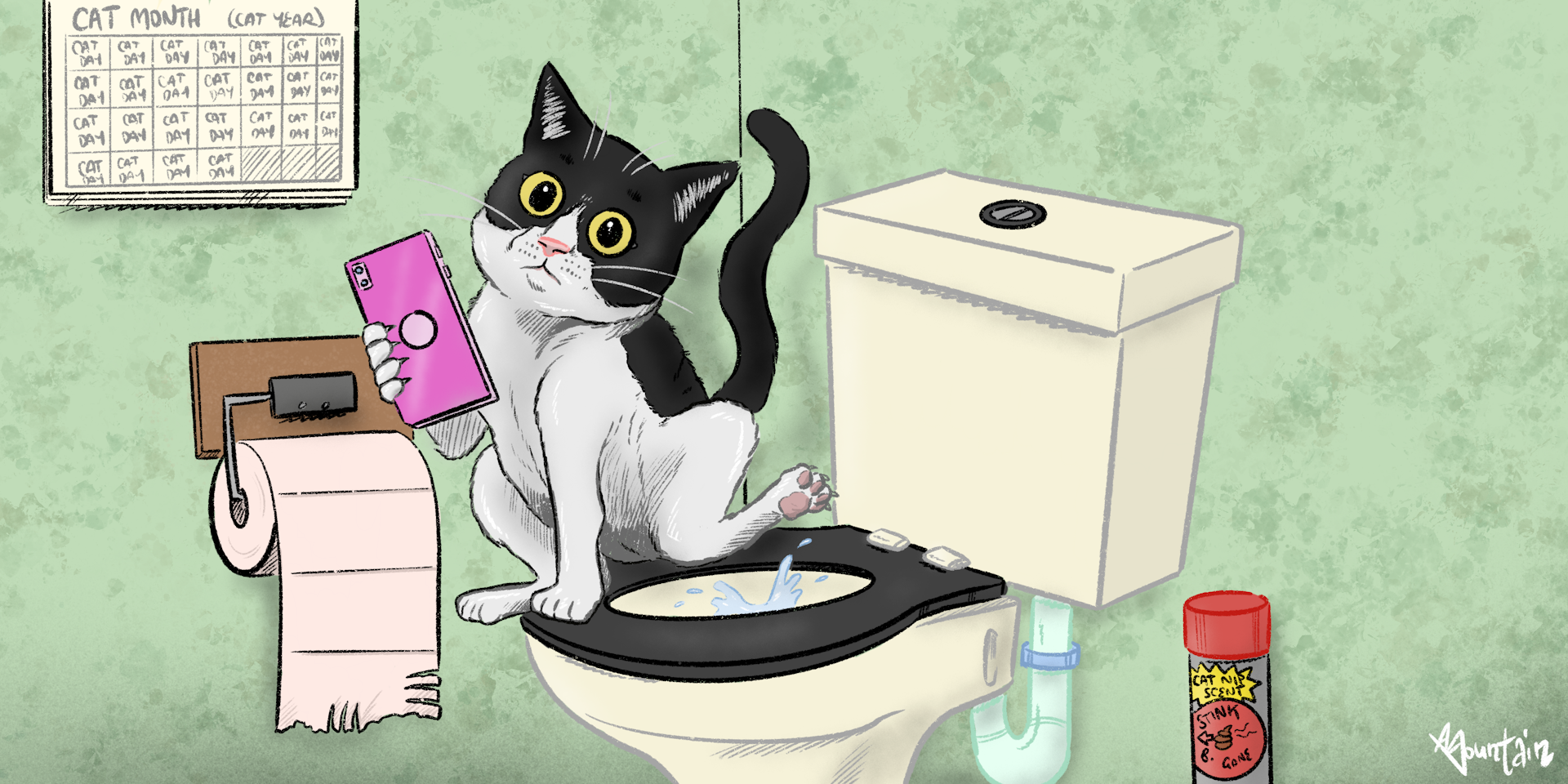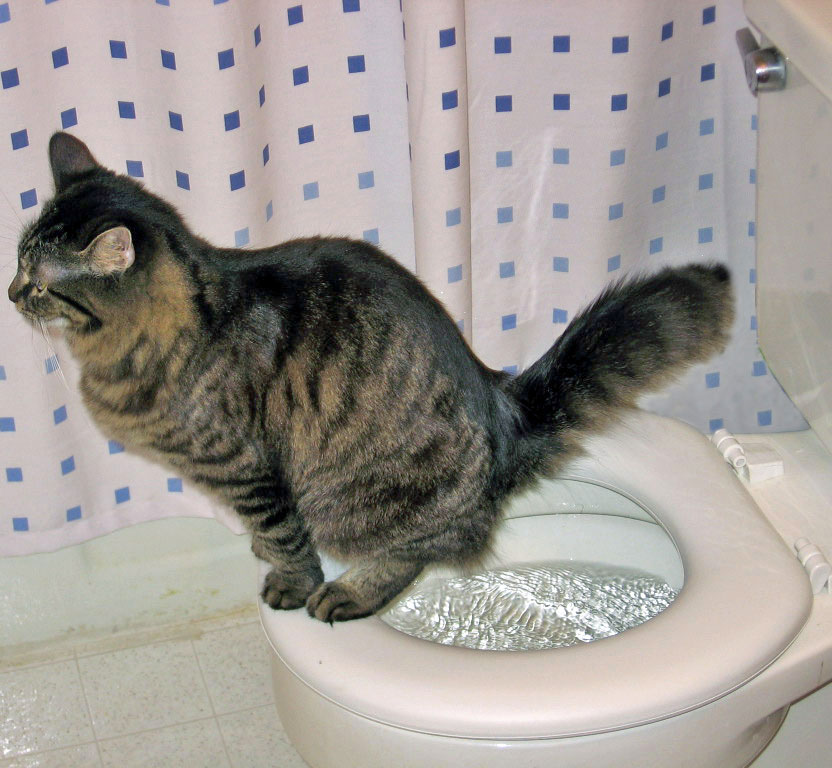Why Flushing Cat Poop Down Your Toilet Isn't a Good Idea - Advice for Proper Handling
Why Flushing Cat Poop Down Your Toilet Isn't a Good Idea - Advice for Proper Handling
Blog Article
How do you really feel in regards to Don’t flush cat feces down the toilet?

Intro
As cat proprietors, it's vital to be mindful of how we take care of our feline good friends' waste. While it may appear practical to flush pet cat poop down the toilet, this technique can have damaging consequences for both the setting and human health.
Ecological Impact
Flushing feline poop introduces dangerous pathogens and parasites right into the water supply, presenting a significant danger to marine ecosystems. These pollutants can adversely influence marine life and compromise water high quality.
Wellness Risks
In addition to ecological concerns, purging pet cat waste can likewise present health dangers to humans. Feline feces might include Toxoplasma gondii, a bloodsucker that can create toxoplasmosis-- a potentially extreme disease, specifically for pregnant women and individuals with damaged body immune systems.
Alternatives to Flushing
Thankfully, there are much safer and a lot more liable means to deal with feline poop. Think about the adhering to choices:
1. Scoop and Dispose in Trash
One of the most usual technique of taking care of pet cat poop is to scoop it right into an eco-friendly bag and toss it in the trash. Be sure to use a dedicated clutter inside story and throw away the waste immediately.
2. Use Biodegradable Litter
Go with eco-friendly feline litter made from products such as corn or wheat. These trashes are environmentally friendly and can be securely gotten rid of in the trash.
3. Bury in the Yard
If you have a backyard, consider burying feline waste in a marked location away from vegetable gardens and water sources. Make sure to dig deep adequate to stop contamination of groundwater.
4. Install a Pet Waste Disposal System
Invest in an animal waste disposal system particularly created for feline waste. These systems utilize enzymes to break down the waste, minimizing smell and environmental effect.
Final thought
Responsible animal possession prolongs beyond giving food and sanctuary-- it likewise entails appropriate waste administration. By avoiding purging feline poop down the toilet and going with alternate disposal techniques, we can minimize our ecological footprint and protect human wellness.
Why You Should Never Flush Cat Poop Down the Toilet
A rose by any other name might smell as sweet, but not all poop is created equal. Toilets, and our sewage systems, are designed for human excrement, not animal waste. It might seem like it couldn’t hurt to toss cat feces into the loo, but it’s not a good idea to flush cat poop in the toilet.
First and foremost, assuming your cat uses a litter box, any waste is going to have litter on it. And even the smallest amount of litter can wreak havoc on plumbing.
Over time, small amounts build up, filling up your septic system. Most litter sold today is clumping; it is made from a type of clay that hardens when it gets wet. Ever tried to scrape old clumps from the bottom of a litter box? You know just how cement-hard it can get!
Now imagine just a small clump of that stuck in your pipes. A simple de-clogger like Drano isn’t going to cut it. And that means it’s going to cost you big time to fix it.
Parasitic Contamination
Believe it or not, your healthy kitty may be harboring a nasty parasite. Only cats excrete Toxoplasma in their feces. Yet it rarely causes serious health issues in the cats that are infected. Most people will be fine too if infected. Only pregnant women and people with compromised immune systems are at risk. (If you’ve ever heard how women who are expecting are excused from litter cleaning duty, Toxoplasma is why.)
But other animals may have a problem if infected with the parasite. And human water treatment systems aren’t designed to handle it. As a result, the systems don’t remove the parasite before discharging wastewater into local waterways. Fish, shellfish, and other marine life — otters in particular — are susceptible to toxoplasma. If exposed, most will end up with brain damage and many will die.
Depending on the species of fish, they may end up on someone’s fish hook and, ultimately on someone’s dinner plate. If that someone has a chronic illness, they’re at risk.
Skip the Toilet Training
We know there are folks out there who like to toilet train their cats. And we give them props, it takes a lot of work. But thanks to the toxoplasma, it’s not a good idea.

As a passionate person who reads on Don’t flush cat feces down the toilet, I think sharing that excerpt was important. Feel free to take the time to promote this blog posting if you liked it. Thank you for your time spent reading it.
Click For More Information Report this page